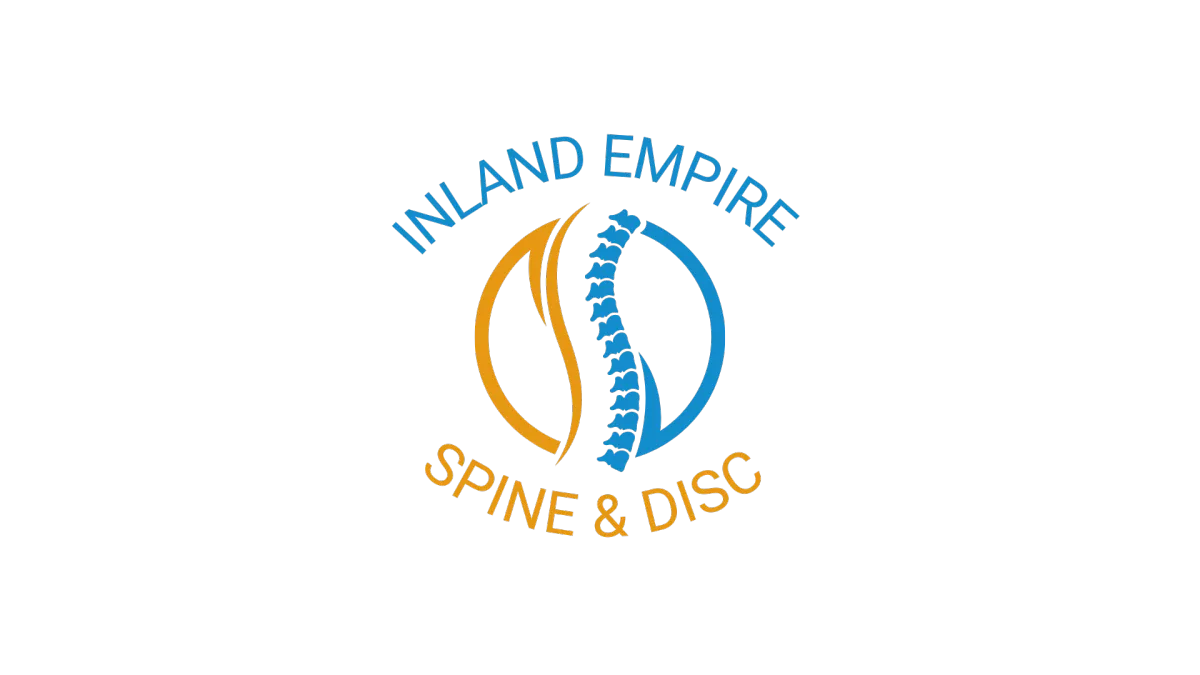802 Magnolia Ave, Suite 103, Corona, CA 92879
(951) 419-4591

NECK PAIN TREATMENT IN CORONA, CA

If you are one of the many people suffering from neck pain in Corona, then you know how difficult it can be to find pain relief. At Inland Empire Spine & Disc, we offer various approaches to help alleviate neck pain and promote overall neck health. Read on to learn more about how our clinic can help you find relief.
Non-surgical Neck Pain Relief at Inland Empire Spine and Disc
Physical Therapy Techniques for Neck Pain
Physical therapy plays a crucial role in the management of neck pain by addressing the underlying causes and promoting healing. These exercises may include stretches, strengthening exercises, and corrective techniques to reduce pain and enhance overall neck function.
Effective Home Remedies for Neck Pain
If you're experiencing a lot of pain, here are some remedies you can try at home to help alleviate some of the discmofort
Neck Exercises and Stretches: Gentle exercises and stretches can help relieve muscle tension and improve flexibility in the neck. You can perform simple neck stretches such as neck tilts, neck rotations, and shoulder rolls. It's important to do these exercises slowly and avoid any movements that cause pain or discomfort.
Hot or Cold Therapy: Applying heat or cold to the affected area can provide relief from neck pain. You can use a heating pad, warm towel, or take a warm shower to relax the muscles and increase blood circulation. Alternatively, you can apply an ice pack wrapped in a thin cloth for 15-20 minutes to reduce inflammation and numb the area. Choose whichever temperature feels more soothing to you.
Relaxation Techniques: Stress and tension can contribute to neck pain. Engaging in relaxation techniques like deep breathing exercises, meditation, or practicing yoga can help reduce muscle tension and promote relaxation in the neck and upper body.
It's important to note that while home remedies can provide temporary relief, it's advisable to consult with a healthcare professional if your neck pain persists or worsens. Reach out to us and we can provide a proper diagnosis and recommend appropriate treatment options based on your specific condition.
How Long Until My Neck Pain Is Treated?
The duration of treatment for neck pain can vary depending on several factors, including the underlying cause, the severity of the condition, individual factors, and the chosen treatment approach. It is recommended that you consult with a healthcare professional who can evaluate your specific condition, provide a proper diagnosis, and develop a personalized treatment plan tailored to your needs.
Why Choose Inland Empire Spine and Disc for Neck Pain Treatment?
At Inland Empire Spine and Disc, we are dedicated to providing effective, non-surgical solutions for neck pain. Under the leadership of Dr. Robert Krage, our team offers personalized treatments that empower patients to effectively manage their neck pain and regain their quality of life. Serving Corona and the surrounding areas, we aim to be the leading choice for individuals seeking relief from neck pain. Take the first step towards reclaiming your life from neck pain and discovering effective solutions that work for you.
OFFICE HOURS
Monday:
8:00am - 6:00pm
Tuesday:
8:00am - 6:00pm
Wednesday:
8:00am - 6:00pm
Thursday:
8:00am - 6:00pm
Friday:
8:00am - 6:00pm
Saturday & Sunday
Closed

802 Magnolia Ave, Suite 103, Corona, CA 92879
(951) 419-4591
What are the different types of headaches and migraines?
There are several types of headaches, including tension-type headaches, migraines, cluster headaches, sinus headaches, and cervicogenic headaches. Migraines are a specific type of headache characterized by severe throbbing pain, often accompanied by other symptoms such as nausea, sensitivity to light and sound, and visual disturbances.
What are the common causes and triggers of headaches and migraines?
The causes and triggers of headaches and migraines can vary. Common triggers include stress, certain foods or beverages, lack of sleep, hormonal changes, environmental factors (e.g., bright lights, strong odors), and certain medications. Identifying and avoiding triggers can help in managing headaches and migraines.
How can I differentiate between a regular headache and a migraine?
Migraines are often more severe and debilitating than regular headaches. Migraines typically involve throbbing pain on one side of the head, accompanied by other symptoms such as nausea, vomiting, sensitivity to light and sound, and aura (visual disturbances or other sensory changes). Regular headaches, such as tension-type headaches, are usually milder and do not have these additional features.
What are the typical symptoms associated with headaches and migraines?
Common symptoms of headaches and migraines include head pain (dull or throbbing), pressure or tightness in the head, sensitivity to light and sound, nausea or vomiting, dizziness, fatigue, and difficulty concentrating. Migraines may also have specific symptoms like aura (visual disturbances), tingling sensations, or speech and language difficulties.
Are there any effective home remedies for relieving headaches and migraines?
Yes, there are several home remedies that can help relieve headaches and migraines. These include applying a cold or warm compress to the head or neck, practicing relaxation techniques such as deep breathing or meditation, maintaining a regular sleep schedule, staying hydrated, managing stress levels, and avoiding known triggers.
When should I seek medical attention for my headaches or migraines?
It is advisable to seek medical attention if you experience severe, persistent, or worsening headaches or migraines, especially if they are accompanied by neurological symptoms, sudden onset, or significant disruption to daily life. A healthcare professional can evaluate your symptoms, provide a proper diagnosis, and recommend appropriate treatment options.
Can stress and lifestyle factors contribute to headaches and migraines?
Yes, stress and certain lifestyle factors can contribute to the occurrence and frequency of headaches and migraines. Stress can trigger or exacerbate headaches, and unhealthy lifestyle habits like irregular sleep patterns, poor diet, lack of exercise, and excessive caffeine or alcohol consumption can also play a role. Adopting healthy lifestyle practices and stress management techniques can help in managing headaches and migraines.
How can I reduce the frequency and intensity of headaches and migraines?
Some preventive measures for headaches and migraines include identifying and avoiding triggers, practicing stress management techniques, maintaining a regular sleep schedule, staying hydrated, incorporating regular exercise, managing caffeine intake, and following a balanced diet. It may also be beneficial to establish a consistent routine and create a calm and supportive environment.
Are there any specific dietary changes or restrictions that can help with headaches and migraines?
Certain dietary changes may help in managing headaches and migraines. It can be helpful to identify and avoid specific food triggers such as processed meats, aged cheeses, chocolate, caffeine, alcohol, and foods containing artificial additives or preservatives. Keeping a headache diary can assist in recognizing any potential dietary patterns.
What treatment options are available for chronic or severe headaches and migraines?
The choice of treatment will depend on the individual's specific condition, symptoms, and medical history. Consulting with a healthcare professional specializing in headaches and migraines can help determine the most appropriate treatment plan for effective management and relief.
Ready To Take Control?
Claim Your first time Patient special!
All Rights Reserved © 2025| Inland Empire Spine & Disc
ACCESSIBILITY | ANTI-DISCRIMINATION| HEALTH CARE DISCLAIMER | PRIVACY POLICY | TERMS OF SERVICE
